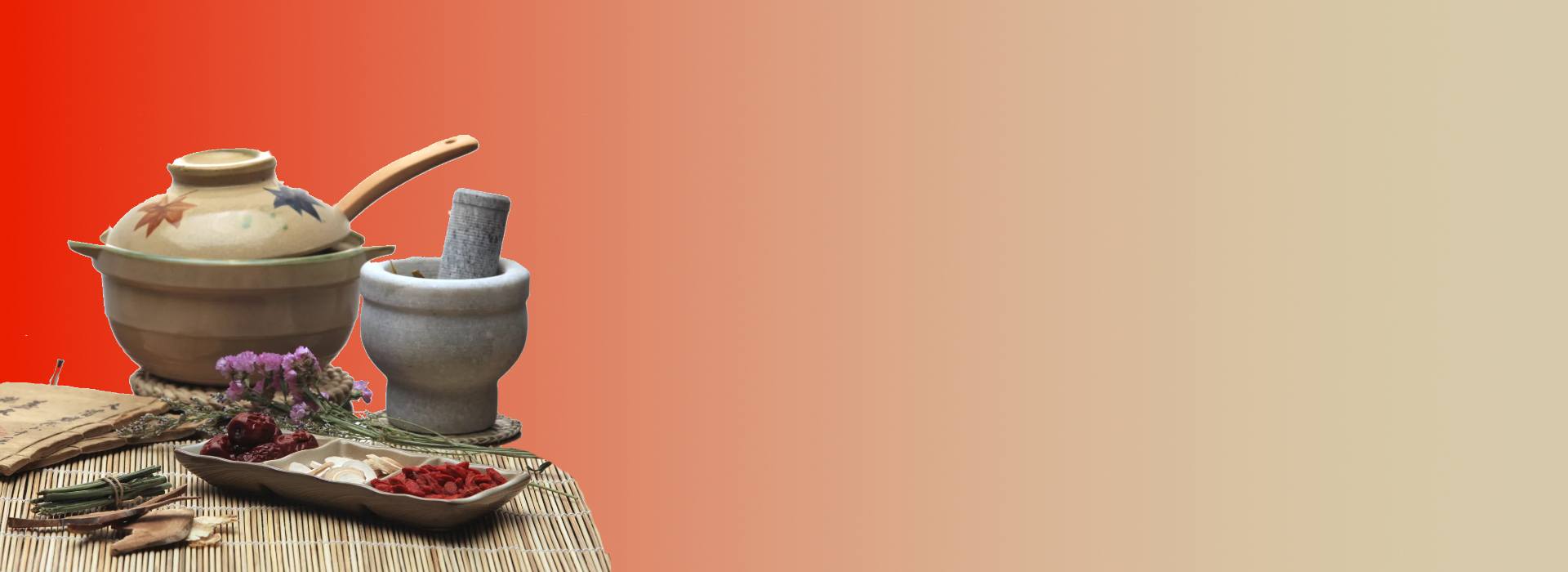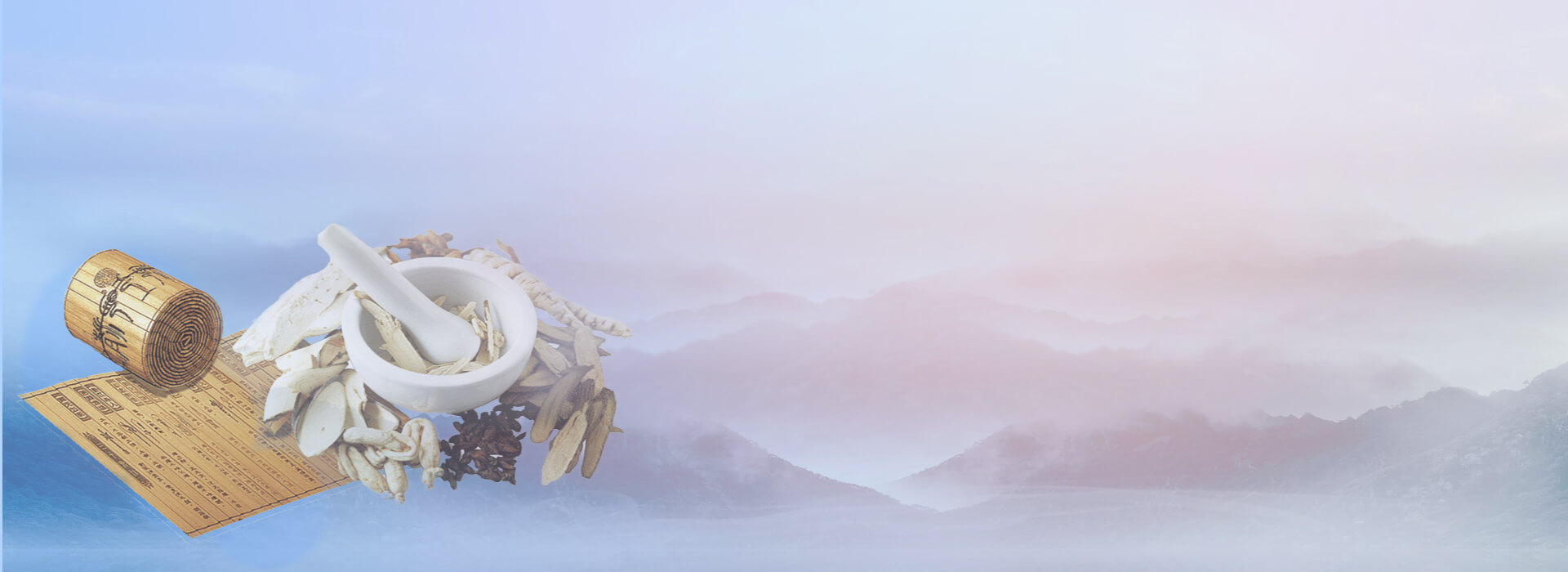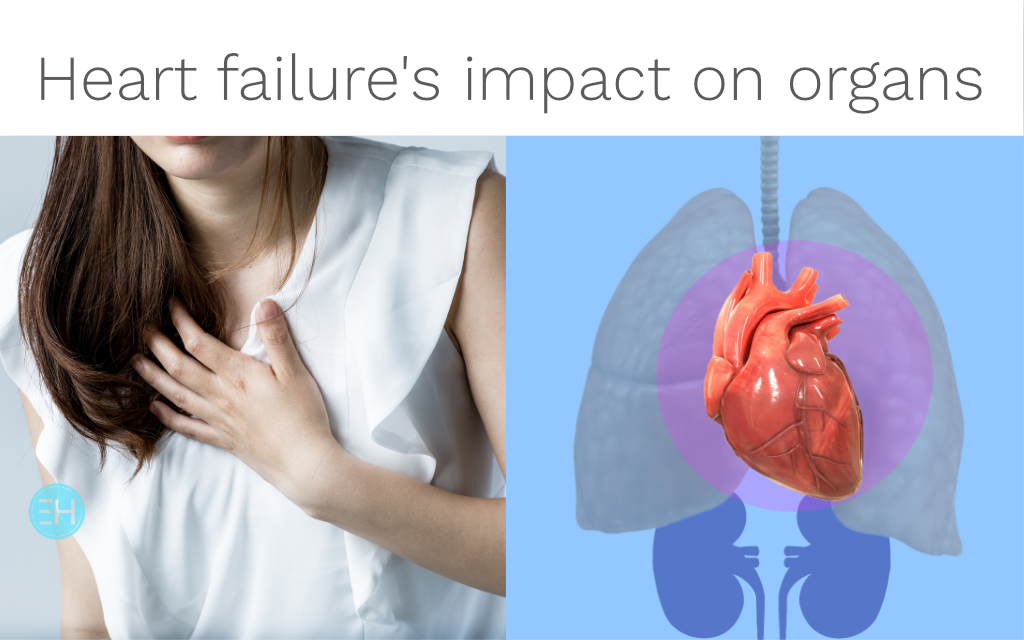
CHINESE MEDICINE AND HEART DISEASES
According to Chinese Medicine (TCM), the heart is considered the emperor of all organs. According to its holistic vision, TCM will therefore treat the heart but also the other organs involved in the pathology, such as the lungs, or the reins in the context of heart failure.
Diagnosis by Chinese hens will reveal the condition of each of these organs. Questioning the patient will help complete the diagnosis: chest discomfort, insomnia, profuse dreams are important indicators. If the tongue is pale, with a thin, white coating, and the complexion is pale and sallow, heart failure may be suspected. This will often be accompanied by chilliness or a fear of cold, ameliorated by heat.
TCM proves to be valuable in preventing cardiovascular diseases, or complementing Western medicine treatments, in particular by offering their side effects.


0 Comments